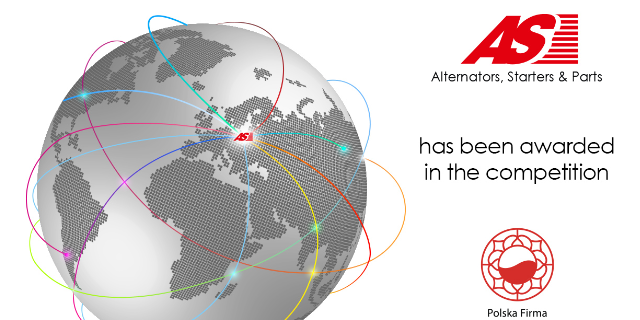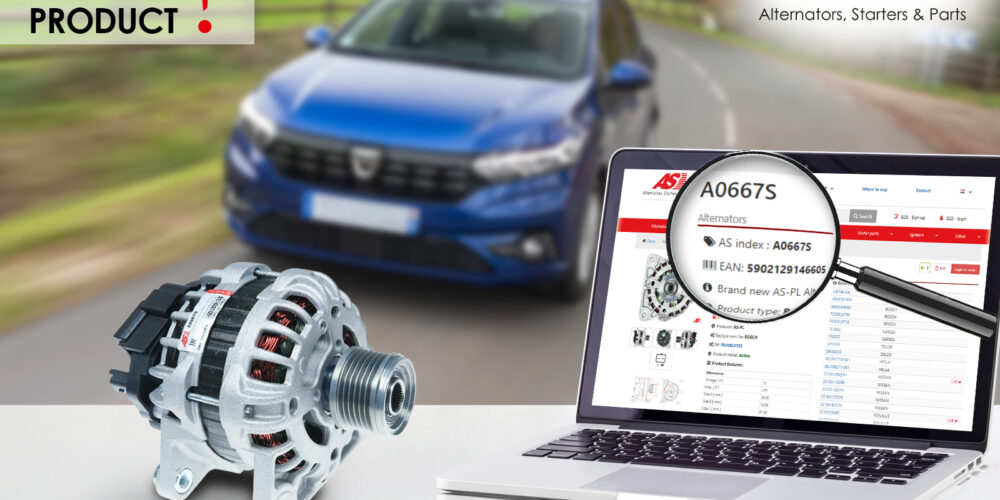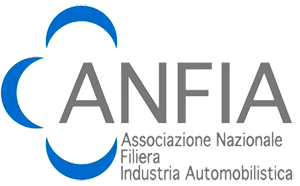British aftermarket representation – an interview with Mark Field, president of the IAAF organization

How did the Brexit affect the automotive market in the UK? Has it affected more the authorized or the independent segment?
I think certainly in the early stages it created disruptions – particularly around the understanding of what was required – for UK businesses that export into the EU. Over time though, this has eased and the attendance of many businesses at events like Automechanika Frankfurt illustrate the continued ability to conduct business in the EU.
To what extent have the consequences of both Covid-19 and the war in the Ukraine change the independent automotive aftermarket in UK?
The UK was subject to numerous lockdowns, with the first the most severe in terms of restrictions. UK motorists were exempt from having to take their vehicle for its annual MoT roadworthiness test and this heavily impacted workshops and the entire supply chain. The IAAF, among others, were very effective in communicating with the market but also campaigning for the UK automotive aftermarket to remain open in order to provide essential vehicle repair and maintenance services to critical workers. The entire sector was extremely resilient during this period and has learned new ways of working and supporting customers.
The devastating war in Ukraine also has an impact with rising costs faced by all businesses and consumers. The sector has been working hard to support charities, such as the Red Cross, in aiding the humanitarian effort in the country.
What are the main challenges for the aftermarket to face? Does IAAF try to take part in the legislation process ongoing in the European Union? And why is this important to the British companies?
IAAF is an active member of FIGIEFA and share our experiences with the diverse group of members from across Europe. It’s important we work with our European partners as legislation in the EU will affect the UK aftermarket. For example, the work carried out by the UK government on the modernisation of Motor Vehicle Block Exemption Regulations (MVBER) draws heavily on European Union activities and so it’s important we understand and influence the legislation process both in the UK and EU.
A key challenge is that the sector is changing to be more data-driven, (cyber)secure, and autonomous, with the vehicle manufacturers themselves having entered the market as service providers, whilst also being the principle ‘system administrator’ and arbitrator of the ‘rights and roles’ of any competing service providers. This poses significant challenges to the very basis of effective competition in the sector and to the corresponding need to update legislative requirements.
One of the problems for the aftermarket repair garages is difficult access to RMI. How does IAAF collect the examples of problems in access to RMI on the British automotive market?
Independent garages can now register any restrictions they face on access to vehicle manufacturer repair and maintenance information with a new form produced by UK AFCAR, a coalition of trade associations and commercial organisations.
UK AFCAR fights to ensure the rights of the independent aftermarket are upheld in the post-Brexit era, specifically to enable all multi-brand operators to be able to access technical information, supply spare parts, supply spare parts of matching quality to original equipment (OE) parts and perform service, maintenance and repair (SMR), with which to provide vehicle owners with a choice of the supply of repair and maintenance services as part of an open, competitive and transparent marketplace.
Evidence is needed to show a vehicle manufacturer’s non-compliance, or restrictive practices, regarding the requirements of legislation that supports the aftermarket. Examples include but are not limited to denial of access to RMI information or data/functions in the vehicle, excessive charges, incorrect information, having to prove competency, having to go to a main dealer to complete the job, or when garages are unable to use aftermarket parts due to the vehicle manufacturer’s restrictions.
Is the aftermarket in the UK getting prepared for the changes being caused by electromobility? If so, in what ways?
The UK Aftermarket is beginning to embrace a more diverse vehicle parc of the future, against a backdrop of an ageing ICE vehicle parc. Investment in all areas of the supply chain will be key to the aftermarket’s success in new mobility solutions and IAAF, through its insight, will be supporting members throughout this transition.













